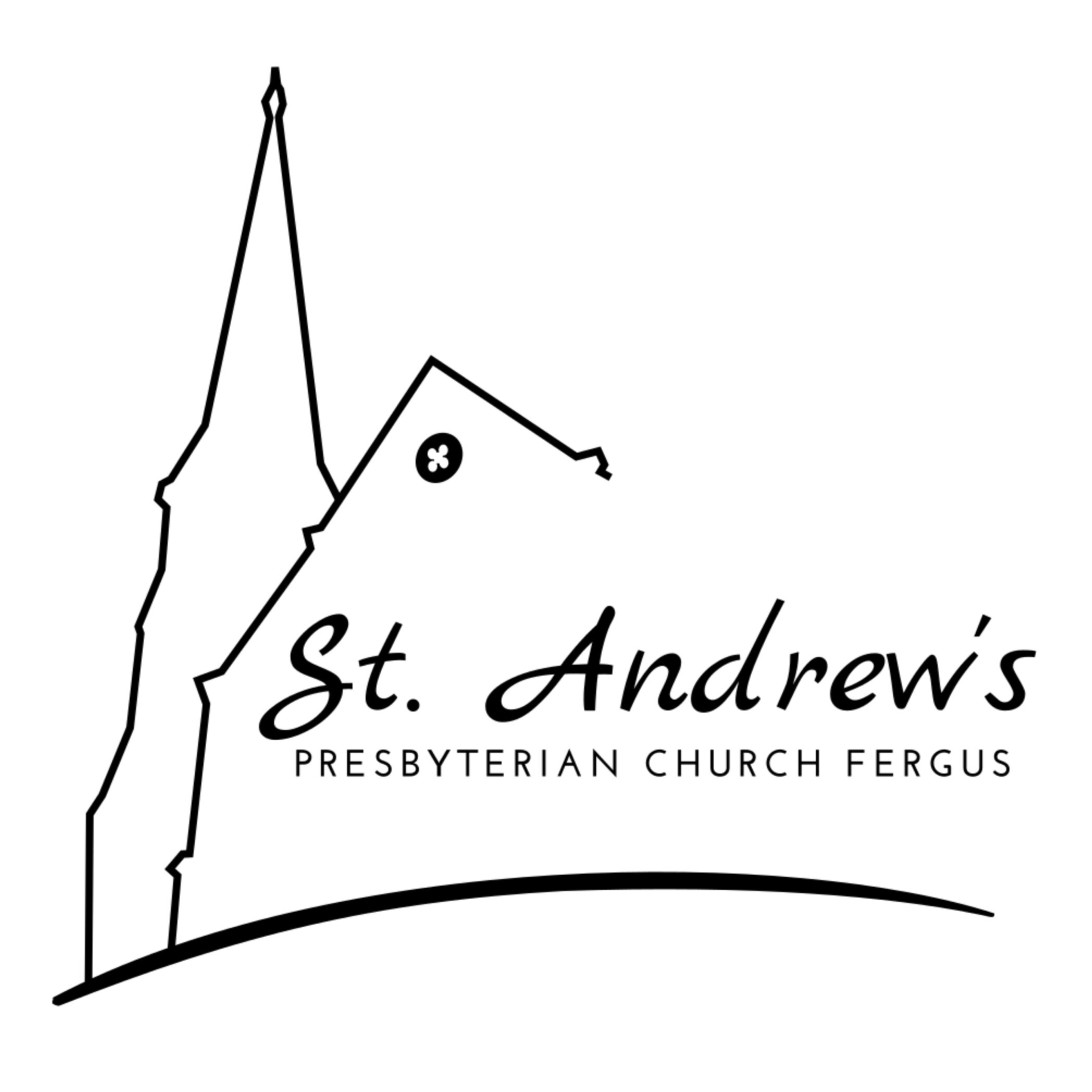Psalm 132
A Song of Ascents.
1 O Lord, remember in David’s favour all the hardships he endured;
2 how he swore to the Lord and vowed to the Mighty One of Jacob,
3 ‘I will not enter my house or get into my bed;
4 I will not give sleep to my eyes or slumber to my eyelids,
5 until I find a place for the Lord, a dwelling-place for the Mighty One of Jacob.’
6 We heard of it in Ephrathah; we found it in the fields of Jaar.
7 ‘Let us go to his dwelling-place; let us worship at his footstool.’
8 Rise up, O Lord, and go to your resting-place, you and the ark of your might.
9 Let your priests be clothed with righteousness, and let your faithful shout for joy.
10 For your servant David’s sake do not turn away the face of your anointed one.
11 The Lord swore to David a sure oath from which he will not turn back:
‘One of the sons of your body I will set on your throne.
12 If your sons keep my covenant and my decrees that I shall teach them,
their sons also, for evermore, shall sit on your throne.’
13 For the Lord has chosen Zion; he has desired it for his habitation:
14 ‘This is my resting-place for ever; here I will reside, for I have desired it.
15 I will abundantly bless its provisions; I will satisfy its poor with bread.
16 Its priests I will clothe with salvation, and its faithful will shout for joy.
17 There I will cause a horn to sprout up for David;
I have prepared a lamp for my anointed one.
18 His enemies I will clothe with disgrace,
but on him, his crown will gleam.’
This is yet another psalm that the pilgrims sang as they travelled towards Jerusalem for their celebration in the temple. It is worth noticing that the pilgrims are on the move travelling to Jerusalem as their stopping place, the heart of the psalm is about God finding a resting-place (vs. 5, 8, 14), and even David (the main human character in the story) is on the move (vs 6 – from his home county Ephrathah he eventually fled to the fields of Jaar to get away from Saul).
Augustine of Hippo famously said, “Our hearts are restless until they find their rest in You (God).” But this psalm actually has God seeking a place to reside, a dwelling place, a resting place. For only when God has settled down in the place where God will reside can we join him, until then we are on the move with God.
The good news is that God has found a dwelling place, a place to reside, and we are invited to join him there. But even as we do that, we do so remembering that God knows what it is to be on pilgrimage – to be a wanderer seeking a place to reside for that is what Jesus experienced. Rootlessness, not belonging, until he was ascended to heaven. Jesus is the one who fulfills the promise of vs. 11, 12 - -that a descendant of God would be secure on the throne.
When we are on the move, when we feel restless like we do not belong, it is in that moment that we can remember that we can be secure in Jesus. For Jesus has found his dwelling place with God and we can be assured of the same dwelling place. The same place of rest.
PRAYER:
O Lord, we rejoice that you have found a dwelling place – and that in you our restlessness can find rest, our wandering can find a home. We are without place and belonging, but in you we find a home, a place of rest. Great are you, Lord. In Jesus’ name. Amen.

